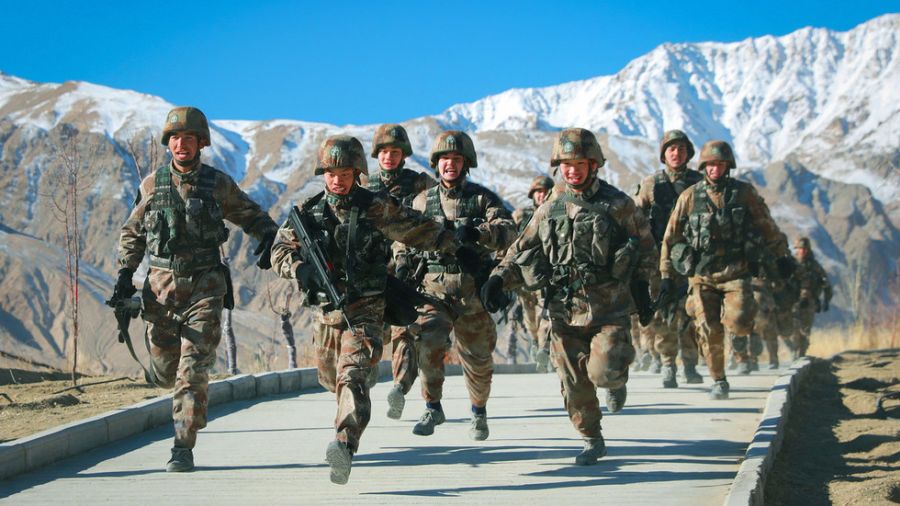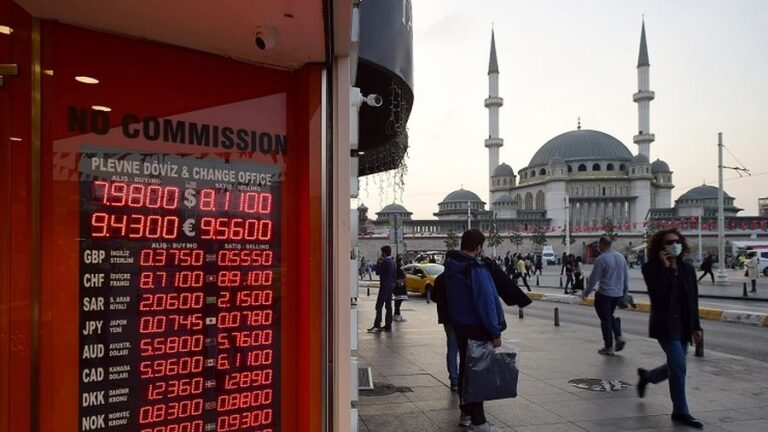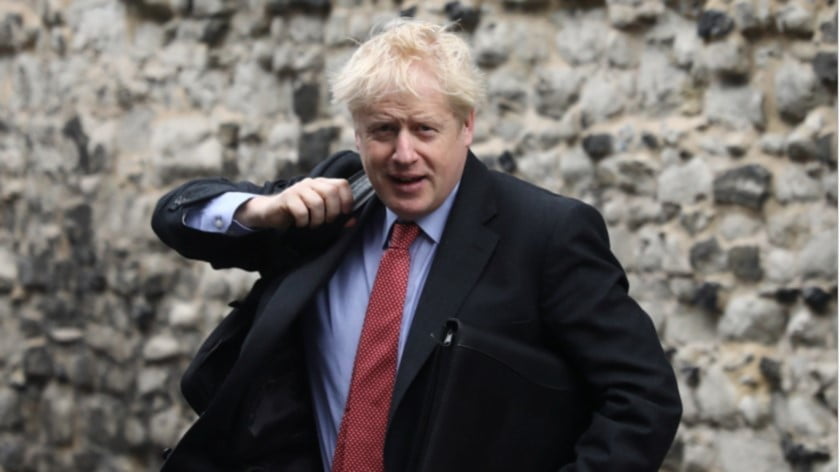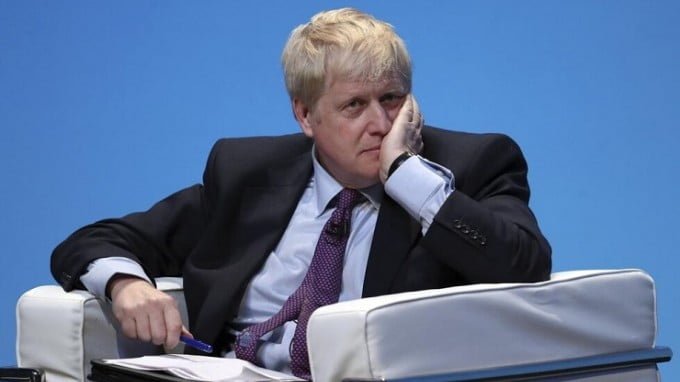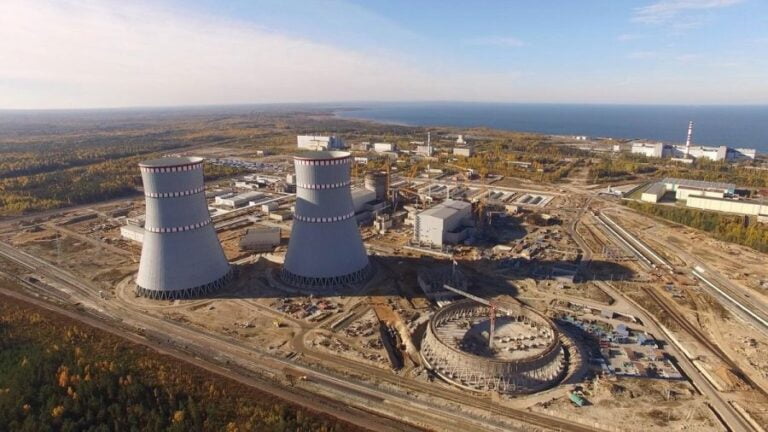Whatever China Is Doing in Tajikistan, It’s Wrong to Compare It to American imperialism
Reports of China building a military base in the Central Asian country of Tajikistan are causing unease in Washington. But it’s wrong to assume Beijing is embarking on the sort of empire-building we expect from the United States.
Earlier this week, reports from Radio Free Europe/Radio Liberty suggested that Tajikistan had approved the construction of a new Chinese military base on its soil. Separately, the same US government-controlled media outlet claims that the Tajik government offered full control to Beijing of what was said to be an already-in-use Chinese military base, and has pledged to waive future rent in exchange for Chinese military aid.
Neither China nor Tajikistan has officially confirmed this news, and there is good reason to believe the US may be exaggerating these claims in order to raise the alarm on some kind of renegade Chinese militarism.
Earlier this month, a report was leaked to the Financial Times from anonymous US government sources claiming that China had tested an orbital hypersonic missile capable of carrying a nuclear warhead, apparently able to travel around the world. Beijing denied this report, saying it had actually tested a reusable orbital space vehicle.
Chinese media were also quick to respond, with CGTN suggesting the US was trying to create a kind of ‘Sputnik moment’ to ramp up anti-China hysteria, referring to when the Soviet Union launched the world’s first artificial satellite in 1957, causing great concern in Washington and beginning the space race.
And indeed General Mark Milley, chairman of the US Joint Chiefs of Staff, went public with that very suggestion, saying on Bloomberg that this alleged weapon test was “close to” a Sputnik moment. Are US cold war tactics really so predictable?
The answer is yes, and the same can also be applied to this latest development in Tajikistan. Even if the news is true, it does not in any way suggest what the US government is insinuating – that China is becoming an overly ambitious, hostile power.
For one, Tajikistan, believed to have the weakest military in Central Asia, is worried about its security after the American-led retreat from Afghanistan and the return of the Taliban. If China was to increase its involvement this would not be surprising, since other powerful countries in the region, such as Russia, have also been called on by the Tajik government to assist on security matters.
The likelihood of a war between Tajikistan and Afghanistan is low, despite Tajik President Emomali Rahmon’s hardline stance against the Taliban and rumors that his government is interfering in Kabul’s internal affairs. He has repeatedly said that his government will not recognize Taliban rule in Afghanistan due to concerns over human rights.
While this may just be political posturing from Rahmon, evidenced by his strong invocation of Afghanistan’s Tajik minority, Chinese security involvement in Tajikistan could serve as a moderating influence between the two sides, since Beijing has high-level contact with the interim Afghan government.
China also has legitimate concerns for its own security and that of its Belt and Road Initiative (BRI) in relation to Afghanistan, since it shares a border with the country.
There are at least three terrorist groups in Afghanistan and Pakistan – the Balochistan Liberation Army, Tehreek e-Taliban Pakistan, and Islamic State Khorasan – that are explicitly anti-Chinese and, in the case of the former two, have committed acts of terror against Chinese diplomats.
The latter two of these groups have also expressed support for Uighur extremist groups in China, like the Turkistan Islamic Party, which has drawn serious concern from Beijing as it seeks to cool down ethnic tensions in Xinjiang Uighur Autonomous Region.
These concerns are valid, and so what we are seeing is not some far-flung overextension of China’s military presence, as is the working definition of ‘security’ for the US. Discounting these unconfirmed reports in Tajikistan, China has only one foreign military base, in Djibouti, compared to upwards of 750 operated by the US – including some 400 in China’s neighborhood alone.
Washington commentators have consistently blasted out a message that China will end up the next empire to die in Afghanistan, suggesting that Beijing would actually make the same ridiculous mistakes that they did over the past 20 years in Afghanistan. This is nonsense. Unlike Washington, Beijing has pursued a multilateral framework with Afghanistan that welcomes input from every regional country, including high-level discussion through the Shanghai Cooperation Organisation, a Eurasian regional security pact, and the SCO-Afghanistan contact group.
China will also not bomb Afghanistan to the Stone Age and construct a foreign-dependent warlord economy, instead opting to include Afghanistan in the BRI, meaning Beijing will help plug Kabul into an interconnected future in Eurasia – all without political strings attached. That’s because it’s a win-win situation for China, Afghanistan, Central Asia, and the world.
And if this might sound hard to believe? Well, it’s not. You would be hard-pressed to find any example of a Chinese war of aggression in modern history, because such an example doesn’t exist. On the other hand, there are examples of China helping clean up messes created by the US and its allies, including in Europe.
For instance, look at China’s involvement in the Balkans – particularly in Serbia, where at least one US-sponsored think tank, the Center for Strategic and International Studies (CSIS), now accuses the country of being a puppet for Beijing. But here’s the reality: NATO tore Serbia apart during the Yugoslav wars and used so much depleted uranium in airstrikes against Serbia in 1999 – about 15 tons – that the country has the highest cancer mortality rate in Europe.
On the contrary, the report by the CSIS notes that 40 percent of Serbians think China gives the most aid to the country – in terms of dollars – even though the European Union actually does.
Instead of spending billions on “government and civil society” programs (foreign interference, in other words) like the US and EU, in 2019 in Serbia, Beijing focused 31 percent of its investments toward transportation, 20 percent to information and communications technology, 20 percent to manufacturing, 13 percent to energy, and nine percent to health and human services.
These are, as the CSIS notes, highly visible and consequential sectors – and, I would add, the ones that Serbia obviously needs the most after the devastation brought on by the NATO bombing. Belgrade’s Pupin Bridge, built by the Chinese – one of its two major bridges that cross the Danube – serves as a permanent reminder of how important China’s aid to Serbia has been.
So, when considering an extended Chinese influence in Central Asia, in whatever form that takes, there’s no reason to conflate this in any way with US imperialism and its deleterious effects.

